The Importance of On-Call Bag Packing for Sonographers
Sonographers are vital in providing immediate diagnostic imaging services during medical situations. As a sonographer on call, one must possess a significant amount of adaptability and be ready to drop everything and head to work at a moment’s notice. It can be incredibly taxing, both physically and mentally, as the workload during these periods can be quite overwhelming.
To ensure preparedness and convenience during call shifts, sonographers should have a well-prepared on-call bag. This not only guarantees that they have everything they need at a moment’s notice but also promotes safety. In this guide, we will discuss the essential items that should be in every sonographer’s on-call bag and provide valuable tips to help stay prepared and comfortable.
Prioritize Your Safety: The Dangers of Fatigued Driving
It’s not uncommon for a sonographer to find themselves with a callback in the wee hours of the morning, just before the next full day of work begins. When it comes to deciding whether to head home or stay at the hospital after a long shift, your safety should be the top priority.
Imagine this scenario: you’ve just finished a long and exhausting shift, feeling drained and depleted. You climb into your car, eager to get home and rest in your own bed. However, I urge you to pause and consider this sobering fact: driving while fatigued is an extremely serious danger that we cannot afford to ignore. The National Safety Committee reports that drowsy driving is responsible for a shocking number of accidents yearly. Studies have even shown that fatigue behind the wheel can be as perilous as driving while under the influence of alcohol. It’s alarming to think that approximately 6,400 fatal crashes each year are due to drowsy driving. These statistics should serve as a wake-up call, reminding us of the utmost importance of combatting fatigue and prioritizing our safety while driving while on call.
Living in the Midwest (hello winter driving!) and being basically at the call-back time limit from the hospital, I often chose to stay there, catching some quick Z’s before starting my shift. In fact, it wasn’t uncommon during bad weather to just hunker down at the hospital and sleep in the ultrasound room (or an on-call room if you’re lucky!).
 On-Call Bags Save the Day: Essential Packing Tips
On-Call Bags Save the Day: Essential Packing Tips
One of the best things I did was create an on-call bag to keep in my car. It made it much easier to choose to stay at the hospital. No more driving all the way home for clean clothes and less sleep – it was a total lifesaver! Plus, it comes in handy when I want to squeeze in some social time on call days. No more trying to do sonographer math if I can make it home or get to the checkout and to the hospital by callback time. If you’re thinking of making your own on-call bag, I’ve got some ideas that might help!
👜Pick a Bag
So, first things first, you have to find a bag. You could totally use one you already have. Nothing too fancy is needed. But if you’re not too thrilled about being on call, a bag that makes you happy or brings back good vacay memories might give you a little boost. Make sure it’s big enough, sturdy, and has lots of compartments so you can keep everything in its place. No more digging around for that one little thing!
⚡Phone Charger
Unfortunately, you never know which callback will be your last for the night, so if you’re still on call, you know you need your phone charged and nearby. It’s always a good idea to have an extra phone charger or portable battery in your bag, just in case. Plus, if you need some white noise or entertainment, having that extra juice will come in handy without leaving you completely disconnected from the world the next day.
🛏️Sleep Accessories
Usually, you can snag a blanket or a pillow, but sometimes it’s nice to have some other comforts. If you struggle sleeping in odd places as I do, I really appreciated having a sleeping mask, headphones or earplugs, and a white noise app on my phone. You can always bring a boring textbook or study material too. That’s always a surefire way to fall asleep!
Another tip is to pack a flat sheet if you’re worried about the hospital linens and a blow-up or neck pillow for extra comfort. Trust me, it makes all the difference!
Sleeping in your car might be an option too. It would be a good idea to swing past security and give them a heads-up. Prop a sunshade in the windshield and leave a blanket or sleeping bag in your car. Make sure to crack a window to avoid steaming up the windows.
Don’t forget to set an alarm too! Enjoy your extra few minutes of sleep; you don’t have to commute!
👕Change of Clothes
Ideally, if you have room in your bag, a new set of scrubs and undergarments will greatly improve your sense of cleanliness after working a tough call shift. And don’t forget about your feet! A new pair of socks and different shoes can work wonders for your mood and overall well-being.
When we wear the same shoes day in and day out, the feet experience repetitive stress. Changing your shoes, even halfway through a shift, gives your feet a fresh start. The feet will experience different inputs, which can be rejuvenating. Changing shoes might help you forget that you were wearing your other ones all night.
🍫Snacky-Snack Snacks
Depending on when your call shift started, it may have been a while since you ate or will get to eat, depending on the day’s schedule. And who wants to worry about change for the vending machine (especially when it’s sold out of your favorites!)?
Consider keeping some healthful, shelf-stable snacks in your bag. There are tons of things to choose from: granola bars/breakfast bars, popcorn, nuts, and more. If you want something a little more substantial, look for oatmeal cups, protein drinks, tuna/chicken pouches, dried fruit and meat, or noodle cups.
Be mindful of sugar since lack of sleep can make you crave sweets, and consuming too much can lead to a crash during your shift.
Don’t forget to bring something to drink as well. Water is ideal, but other bottled drinks that don’t need refrigeration, such as bottled iced coffee or boba tea, can be a treat. While moderate caffeine intake can help after a sleepless night, too much is usually not beneficial.
🧻Tiny Toiletries
It’s the small things in life, and for this one, it’s the travel-sized bathroom products. A great way to take the comforts of home with you is to get a set of bottles and containers that you can fill with your own products.
And don’t forget about washing your face! It’s a quick and easy way to feel refreshed and invigorated. Plus, splashing cold water on your face can actually trigger adrenaline production, so it’s a great pick-me-up when you’re feeling tired.
One thing to keep in mind is that most hospitals have rules against using scented sprays or lotions. So, if you’ve spent a night in the hospital room without a shower, body wipes can be a helpful way to feel refreshed and human again for your next shift.
Calling it a Day!
And there you have it, fellow sonographers – your on-call bag essentials to help you navigate the unpredictable world of call shifts. Find a bag that sparks joy, pack it with care, and keep it ready for those late nights and early mornings.
But before we part ways, let’s not forget the most important part: PRIORITIZE YOUR SAFETY AND WELL-BEING. If you find yourself at a crossroads, debating whether to head home or stay at the hospital, take a moment to assess your fatigue levels. Consider the risks of driving while tired and ask yourself if it’s worth it.
So, keep those on-call bags packed, ready to accompany you on your call adventures. But above all, take care of yourself, get some rest, and remember that you are making a difference in the lives of countless patients. Stay safe, and keep shining bright in the world of sonography!
If you’d like to read more about call, the Society of Diagnostic Medical Sonography has a White Paper: On-Call and Callback Issues in Sonography.



